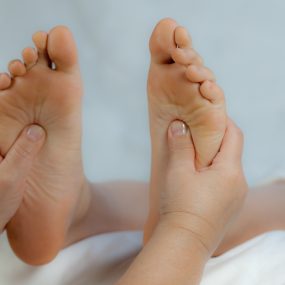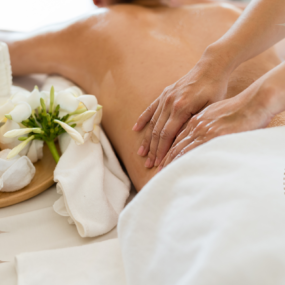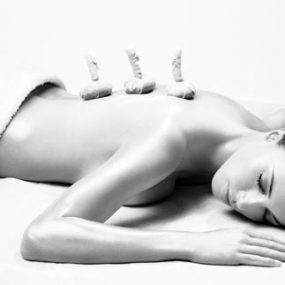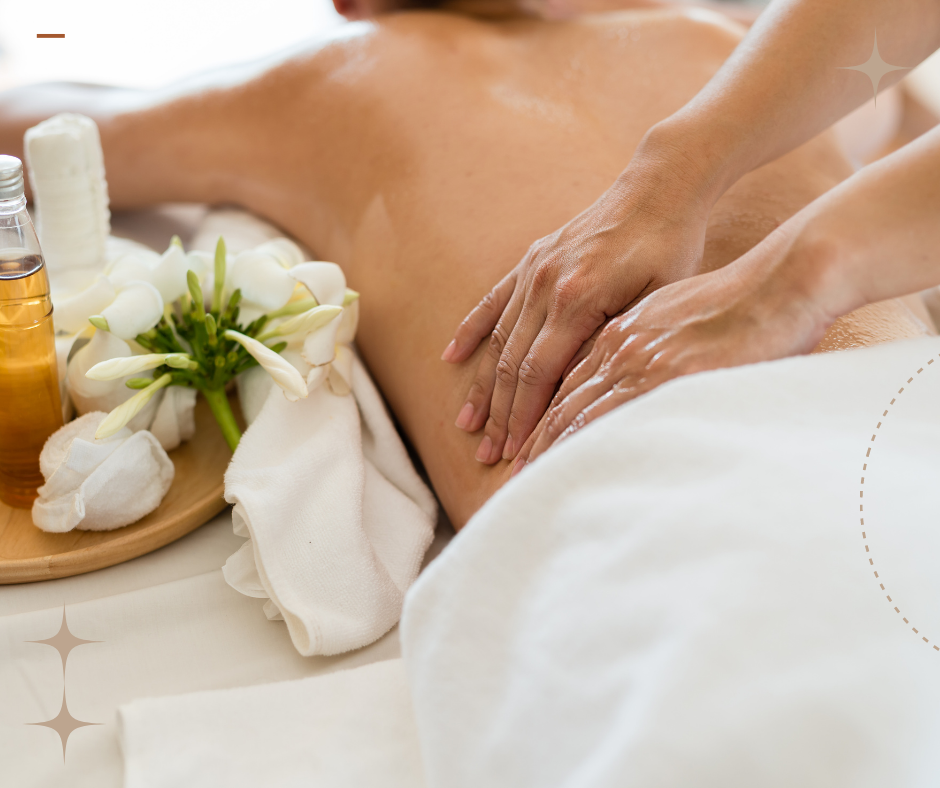What does Massage Therapy Do?
In the United States, almost half of adults will experience a mental health challenge during their lifetime. A growing body of research is supporting the positive impact of massage therapy for relief of stress, anxiety, and depression. In fact, many studies indicate it can provide benefits similar to psychotherapy for certain conditions. Read on to learn more about the ways massage can improve mental health and well-being.
Massage Therapy Can Relieve Stress
Stress is prevalent in today’s fast-paced world and can negatively affect people’s health and well-being. Massage therapy has shown to significantly reduce stress on both physical and psychological levels. While massage therapists know from experience that massage reduces stress, there is also considerable research that validates our experience.
Related Studies
- In a study on the effects of trigger point therapy, there was a significant decrease in heart rate, systolic blood pressure, and diastolic blood pressure.
- Measures of oxygen consumption, blood pressure, and salivary cortisol levels were all lower after a 10-to-15 minute chair massage in controlled studies.
- Research shows that massage for nurses during work hours can help to reduce stress and related symptoms, including headaches, shoulder tension, insomnia, fatigue, and muscle and joint pain.
Massage Therapy for Anxiety
According to the National Institute of Mental Health, over 40 million adult Americans suffer from anxiety disorders. Anxiety can negatively shape the quality of life for individuals affected. Massage therapy can be an effective treatment by elevating neurotransmitters associated with lowering anxiety and decreasing hormones associated with increasing anxiety.
Related Studies
- Research supports that massage can relieve stress in psychiatric patients, those with chronic pain, cancer patients, children with illnesses, patients with generalized anxiety disorder, the elderly, and healthy adults.
- Research published in Applied Nursing Research shows that back massage given during chemotherapy can significantly reduce anxiety and acute fatigue.
- A study published in Military Medicine reports that military veterans indicated significant reductions in ratings of anxiety, worry, depression, and physical pain after massage. The analysis also suggests declining levels of tension and irritability following massage.
Massage Therapy for Depression + Seasonal Affective Disorder
For many who suffer from depression, the first solution is psychotherapy, where a person sees a trained mental health professional to talk (and at times medication is prescribed). Now, people are also beginning to better understand how a combination of treatment options can be beneficial, and massage therapy is showing great promise in alleviating depression and Seasonal Affective Disorder.
Related Studies
- The effect of massage therapy on trait anxiety and depression is virtually the same as those routinely found in the research studies of psychotherapy for people with the same conditions.
- Research indicates that massage can improve mood and reduce depression in those living with chronic pain, as well as in cancer patients, pregnant women, and people living with chronic disease.
- One in five Americans are impacted by Seasonal Affective Disorder; leaving many people feeling depressed and lethargic. Studies show that regular massages can improve mood and reset circadian rhythms, leading to improved mood, better sleep, and more energy!
*Credit: AMTA ( American Massage Therapy Association )
-
 Foot Relaxation Treatment$45.00
Foot Relaxation Treatment$45.00 -
 Relaxation Ritual$120.00
Relaxation Ritual$120.00 -
 Hot Stone Relaxation Therapy$110.00
Hot Stone Relaxation Therapy$110.00


